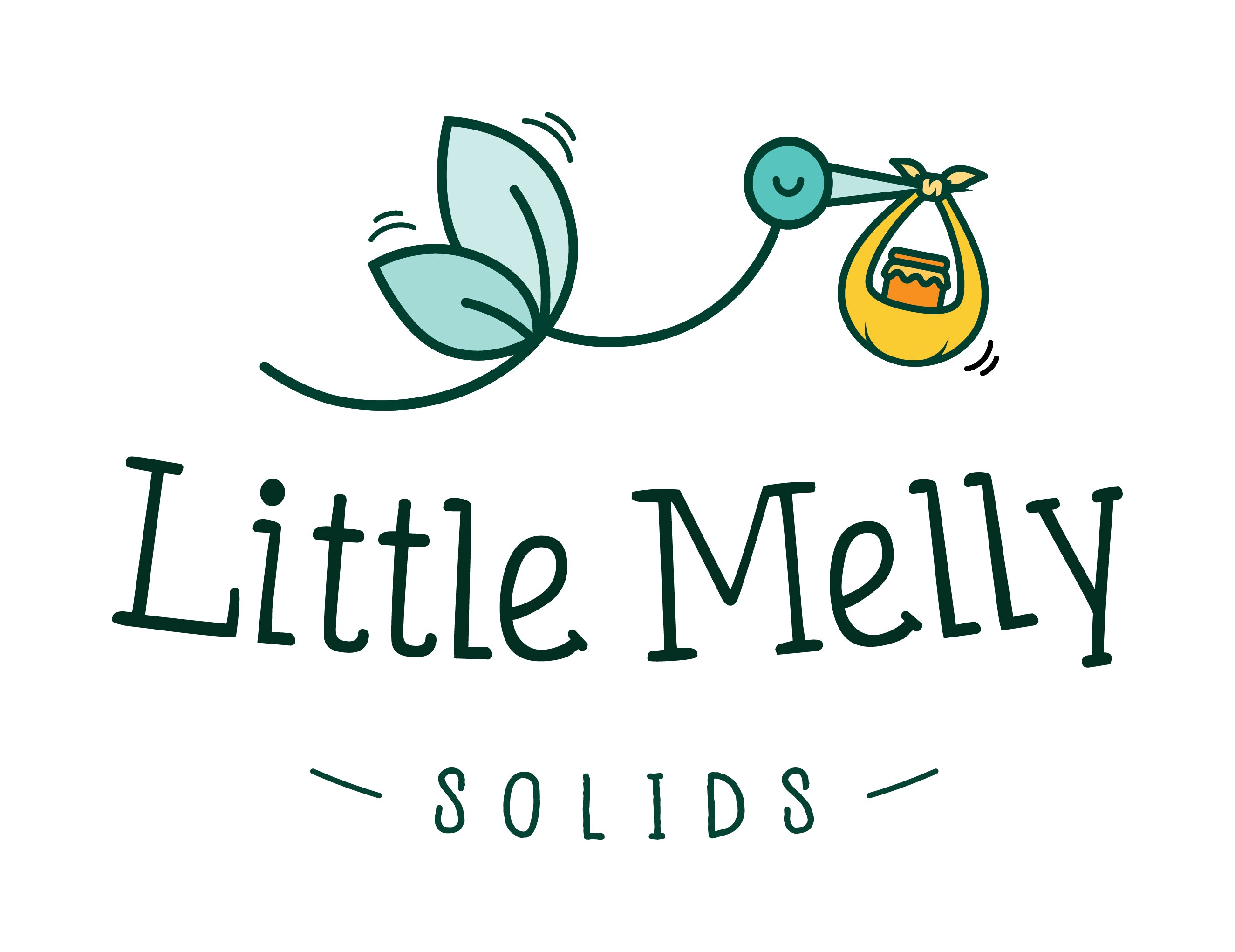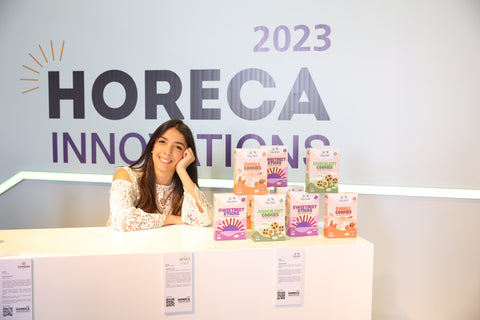Little Melly is a startup that grew from a heartfelt realization that babies, especially those in vulnerable communities, deserve the healthiest start. Motivated by this, Little Melly’s founders embarked on a mission to reimagine baby nutrition, focusing on organic, eco-friendly choices, to help parents give their babies the best possible beginning.
We interviewed Jennifer Mansour, co-founder of Little Melly, who delved into the inspiration driving the brand, her ambitious growth strategies, the challenges that tested the startup’s resilience, and her remarkable journey of overcoming them.
Q: What Is Little Melly?
A: Little Melly serves babies, including those in vulnerable communities, with organic-first food essentials that are chemical-free and environmentally friendly. These essentials include oat cereal, healthy snacks, and freshly cooked main meals.
Available through subscriptions and at various points of sale such as pharmacies and organic stores, Little Melly was never about simply selling a product or service. Instead, with our team of specialists, ranging from pediatricians to nutritionists, we offer personalized support to parents throughout their feeding journey via nutrition consultations.
Q: Who Benefits From Your Solution, And Why Is It Important?
A: Little Melly’s mission is also to engage and empower women by employing elderly women to cook in our kitchens and by fostering a working environment throughout the company that gives mothers the flexibility needed to remain in the labor force. This way, Little Melly creates a positive value chain that generates sustainable social, economic, and environmental impact within society.
Q: If You Had To Choose One Achievement To Highlight During Your Entrepreneurship Journey, What Would It Be?
A: Our team’s first experience in an accelerator program was through Berytech’s Agrytech Accelerator Program, where we learned a lot and achieved a lot. A couple of months after graduating from the Agrytech Accelerator Program, we joined the ScaleSmart Program as our next phase of growth needed more guidance.
I recently had an important realization: setting sales projections isn’t just about looking at them and hoping for the best. It takes active work and tactical planning on a weekly and even daily basis to proactively achieve those projections. The good news is that they are achievable when set correctly.
We launched our retail product line of toddler snacks and oatmeal in pharmacies and supermarkets across Lebanon in March 2023. We were able to sell 8,000 boxes in just four months. Today, six months after our launch, you can find Little Melly products in over 160 points of sale across all Lebanese regions.
Q: What Are The Main Challenges You Have Faced So Far?
A: The biggest challenge of entering the FMCG and business-to-business sector is maintaining control over your working capital. Coming from a subscription-based service, Little Melly is new to the concept of credit days. One upside of the Lebanese Pound (LBP) devaluation was how Lebanese businesses switched to cash sales. Many businesses were relieved not to manage aging reports and cash collection. Now that things are more stable, credit terms are returning, and managing a cash gap well is crucial for our sustainability.
Q: How Did You Overcome These Challenges, And What Did You Do To Keep Going?
A: It’s a bit like Monopoly. It’s a daily mental game, and you need to have a shrewd eye on every aspect of the business. We’re implementing various strategies to manage working capital, such as negotiating shorter credit days for our sales and delayed payments with suppliers, expanding our cash sales channels, delving deep into departmental efficiency to reduce costs (production, procurement, distribution), and creating strict budgets for each department to follow.
Q: Why Did You Apply To The ScaleSmart Program? What Were Your Hopes When You Applied?
A: Little Melly is poised to begin regional expansion in the coming months. The foundations have been laid in Lebanon, and we aim to cover the entire Lebanese market by the end of 2024. With insights gained from the ScaleSmart program, we’ll confidently take our next steps as we venture into the Arab world.
Q: What Are Your Long-Term Goals As A Startup?
Over the next 5 years, our plan is to serve freshly cooked meals, oatmeal, and snacks across the Arab region. Above all, we want every parent in the Arab world to know they can turn to Little Melly for credible and transparent answers to any baby nutrition questions they have.
We aim to realize our impact in the value chain across various touchpoints by:
– Donating over 10,000 meals to babies in vulnerable communities in Lebanon.
– Employing 20% of mothers at Little Melly with flexible working conditions.
– Employing 30% of elderly women, who would otherwise be unemployed, to cook.
– Rescuing 15 tons of Lebanese apples per year from going to waste.
– Encouraging 5 Lebanese farmers to sustain their organic production.
– Supporting over 10,000 working mothers who purchase Little Melly to maintain their jobs.
The ACT Smart Innovation Hub
The ScaleSmart program is under the ACT Smart Innovation Hub, a comprehensive initiative launched by Berytech aimed at enabling the Lebanese entrepreneurial ecosystem, revitalizing the funding and investment sector, stimulating innovation and startup creation, and strengthening the competitiveness, growth, and market access for innovative businesses in the agriculture, food and clean technology sectors in Lebanon. 



